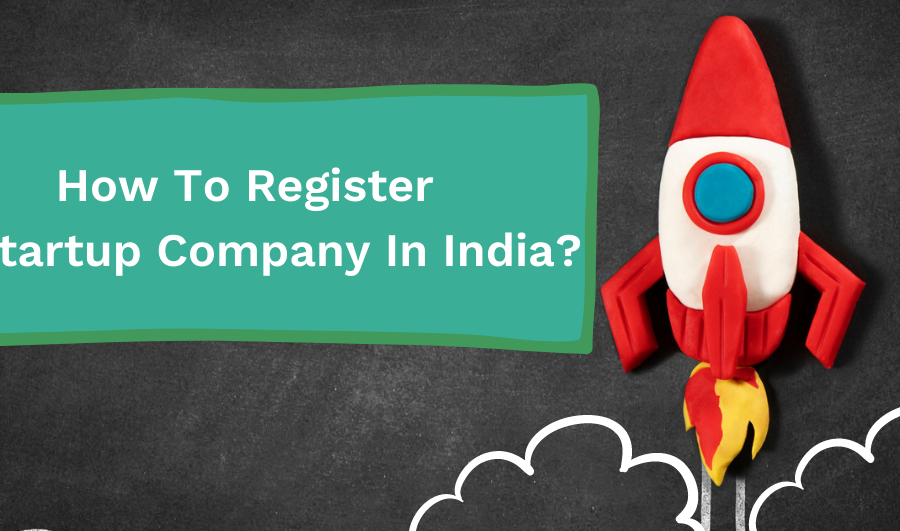Be it start-ups or any small business trying to gain a foothold in India, the government has a plethora of initiatives and schemes to encourage them. Driven by the goal of building a $5 trillion economy, the Indian government has identified entrepreneur and entrepreneurship as key drivers to national growth. Let us look at some of the best government schemes for business for the entrepreneur India hopes to nurture in the years ahead,
Atal Incubation Centre (AIC): The Atal Innovation Mission was started to encourage the ethos of innovation and business entrepreneurship in India. AICs are greenfield incubation centres that promote innovative startups in India. These centres give focus on making these startups grow and become sustainable. For this purpose, AICs are provided grant-in-aid of up to Rs 10 crores for five years.
Pradhan Mantri MUDRA Yojana (PMMY): Launched in 2015, PMMY provides up to Rs 10 lakhs as a start-up loan to small and micro enterprises that are non-corporate and non-farm businesses. These startup India loans are classified as MUDRA loans and are offered by commercial banks, regional rural banks, small finance banks, NBFCs etc.
Read more – How to Register Business Under Startup India Scheme?
NewGEN IEDC: The New Generation Innovation and Entrepreneurship Development Centre (NewGEN IEDC) is a five-year programme implemented through an educational institution and plans to support twenty projects per institution in a year. Funding includes a one-time non-recurring grant of up to Rs 25 lakhs. Besides, a five-year recurring grant mechanism is available for selected projects.
Women Entrepreneurship Platform (WEP): WEP is one of the Niti Aayog that has initiated govt schemes for women’s business in partnership with SIDBI. Its aims of motivating, enlightening and guiding women entrepreneurs in India are highlighted by its three pillars – Iccha Shakti, Gyaan Shakti, and Karma Shakti. WEP provides free credit rating, mentorship and loan schemes for women, as well as incubation and acceleration support to start-ups founded/co-founded by women entrepreneurs.
MSME Market Development Assistance: Through this initiative, registered SMEs are guided to participate in international exhibitions and fairs, receive funding for global barcoding standards, and avail of purchase and price preferences from the government. Financial assistance will also include international travel costs, producing publicity materials for studies, and contesting anti-dumping cases.
Swarojgar Credit Card: Close to two decades old, this scheme issues credit cards and passbooks to businesses for their working capital and block capital needs. It also offers a composite loan of Rs 25,000. Even self-help groups can avail this scheme.
Credit Guarantee Scheme: The credit guarantee fund trust for small and micro-businesses has been providing guarantee cover to credit facilities for over twenty years. In recent years, this scheme has covered partial collateralised loans and retail trade and facilitated credit facilities from scheduled cooperative banks and small finance banks.
Refinancing by NABARD: The short and long-term refinance plans of NABARD are implemented by the Department of Refinance. It covers credit activities that generate food security, boost private capital formation in agriculture, and lead to asset creation and alternate employment generation, among others.
Also read: Little Known Financial Assistance Programs for Women Entrepreneurs
Conclusion
These government schemes and initiatives are looking to tap the potential among small business owners, budding innovators, and students, notably with women entrepreneurship schemes in India. If you are a business owner, you should identify schemes that can help your business grow and avail of the same at the earliest opportunity.
FAQs
In this year’s budget, Rs 283.5 crore has been allocated for the Start up India Scheme of Seed Funds and another Rs 1000 crores earmarked for startup funds.
Government schemes for entrepreneurs have multiple benefits for the nation. It generates employment, creates value domestically, and even opens up Forex inflow possibilities. On a larger scale, government schemes for business can improve the country’s GDP and facilitate better utilisation of the labour market.



